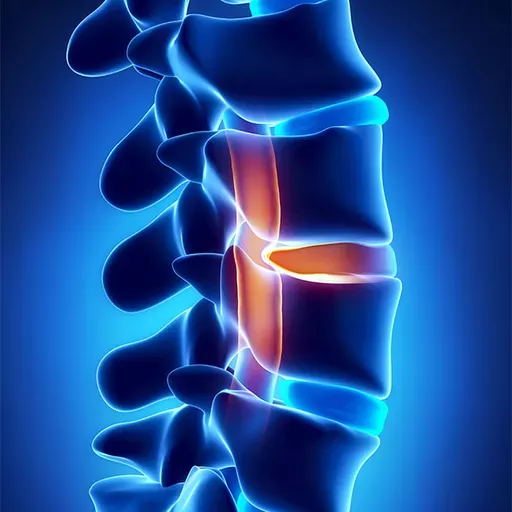What is a herniated disc?
A herniated disc occurs when the gel-like nucleus of an intervertebral disc pushes through a tear or rupture in the tough exterior. The displaced nucleus may irritate or compress your spinal cord or spinal nerves. You may develop a herniated disc from an injury or excessive strain. However, your risk of developing a herniated disc increases as you get older due to the natural degeneration that occurs with age. Herniated discs most often develop in the cervical (neck) and lumbar (lower back) spine.
What are the symptoms of a herniated disc?
Herniated disc symptoms vary and depend on the location of the damaged disc, the severity of the herniation, and whether the disc compresses or irritates a nerve. Without any nerve involvement, a herniated disc may cause a dull neck or back ache. With nerve involvement, herniated disc symptoms may include:
- Pain that radiates into the arms or legs
- Numbing, burning, or tingling sensations
- Electric shock-like sensations
- Muscles weakness
- Difficulty walking or maintaining balance
When your herniated disc causes nerve pain, you have a type of neuropathy. Sciatica and radiculopathy are nerve pain conditions that originate in the spine and may develop from a herniated disc.
What happens during a herniated disc evaluation?
The Tier 1 Orthopedic and Neurosurgical Institute team conducts a comprehensive evaluation when you come in with concerns about a herniated disc. The team asks detailed questions about your symptoms, including the type and location of your pain, when it started, and how it’s changed over time. They examine your spine and run diagnostic tests to assess the severity of the herniation and nerve damage. Testing may include X-rays, a CT scan, or nerve conduction studies. For your convenience, Tier 1 Orthopedic and Neurosurgical Institute offers on-site MRI testing.
How is a herniated disc treated?
The team at Tier 1 Orthopedic and Neurosurgical Institute creates individualized treatment plans for a herniated disc based on the location of the damaged disc and the severity of your symptoms. Initially, the team takes a conservative approach to care, and treatment may include:
- Activity modification
- Nonsteroidal anti-inflammatory drugs (NSAIDs)
- Muscle relaxants
- On-site physical therapy
- Manual therapy
- Epidural injections
- Radiofrequency ablation
- Spinal cord stimulation
If conservative care fails to provide adequate relief from your pain, the team may recommend spine surgery. Tier 1 Orthopedic and Neurosurgical Institute includes highly skilled neurosurgeons who use advanced surgical tools and techniques to ensure you get the best outcomes. Spine surgery for a herniated disc may include a discectomy, microdiscectomy, laminotomy, or spinal fusion. To discuss treatment options for a herniated disc, call Tier 1 Orthopedic and Neurosurgical Institute or use the online scheduling tool to request an appointment today.

